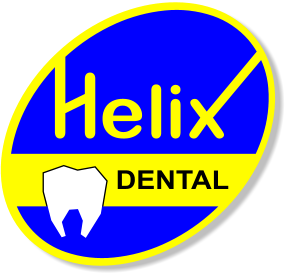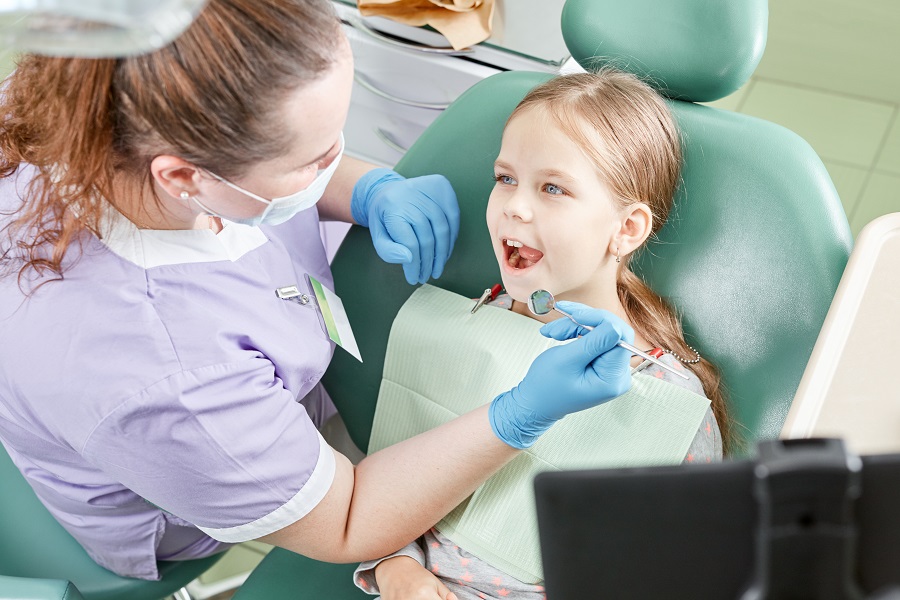
The Benefits of Tooth Extraction for Improving Dental Function
Dental extractions are sometimes necessary to address a range of oral health issues. They may be required when a tooth is severely decayed or damaged beyond repair, making restorative treatments ineffective. Advanced gum disease can lead to significant bone loss around the teeth, causing them to loosen and necessitate removal. Tooth extractions are also common for addressing overcrowded teeth, especially when orthodontic treatment requires additional space for proper alignment. Impacted wisdom teeth, which fail to emerge correctly and can cause pain or infection, often need to be extracted to prevent complications. Additionally, teeth that are abscessed or infected may need to be removed to stop the spread of disease and alleviate persistent pain. Each extraction decision is made based on a thorough evaluation of the individual’s overall dental health and specific needs.
When is a Dental Extraction Necessary?
- Extraction might be necessary when tooth decay has extensively damaged the tooth structure beyond repair. This occurs when decay reaches the inner pulp, leading to significant structural weakness that cannot be restored with fillings or crowns.
- In cases of advanced gum disease, the surrounding bone that supports the tooth may deteriorate, causing the tooth to become loose. Extraction may be required to prevent further infection and maintain overall oral health.
- Wisdom teeth that do not have enough space to emerge properly and become trapped beneath the gum line can cause pain, swelling, and infection. Removing impacted wisdom teeth can alleviate these issues and prevent complications.
- When a tooth has an infection that does not respond to antibiotics or root canal therapy, extraction may be needed to remove the source of the infection and prevent it from spreading to other areas.
- In orthodontic cases with insufficient space for teeth to align correctly, extraction of one or more teeth might be necessary to create room for the remaining teeth to be moved into proper alignment.
- Teeth that have been severely fractured or damaged due to trauma and where restoration is not feasible may require extraction to prevent further complications or discomfort.
- Extraction of specific teeth might be necessary to achieve optimal results in preparation for certain dental prosthetics, such as implants, or as part of complex surgical procedures.
The Different Types of Dental Extractions
Simple Extraction
A simple extraction is a straightforward procedure used for teeth visible in the mouth and not severely impacted. Typically performed under local anesthesia, this extraction involves loosening the tooth with an elevator instrument and removing it with forceps. Simple extractions are commonly used for teeth that are decayed or damaged but still accessible and in relatively good condition. The procedure is usually quick, with minimal discomfort and a relatively short recovery time.
Surgical Extraction
Surgical extraction is more complex and is required for teeth that are not easily accessible, such as those impacted or broken off at the gum line. This type of extraction is often performed under local anesthesia, but sedation may be used for more complex cases or patient comfort. During a surgical extraction, the dentist in Florham Park, NJ, makes an incision in the gum tissue to access the tooth. The tooth may be removed in pieces if it is large or difficult to extract in one piece. This type of extraction is often used for impacted wisdom teeth or teeth with extensive damage.
The Benefits of Tooth Extraction
Alleviation of Pain and Discomfort
One of the primary benefits of tooth extraction in Florham Park, NJ, is the relief from severe pain and discomfort caused by dental issues such as advanced decay, infection, or damage. Removing a problematic tooth can eliminate the source of pain and prevent it from spreading to adjacent teeth or other mouth areas. Contact us to learn more.
Prevention of Infection Spread
Tooth extractions can be crucial in preventing the spread of infection. Suppose a tooth is severely infected and cannot be saved with root canal therapy. In that case, extraction may be necessary to remove the infected tissue and prevent the infection from affecting other teeth or areas of the mouth. This is especially important for managing and controlling conditions like abscesses or advanced periodontal disease.
Correction of Dental Overcrowding
Tooth extraction is often employed to address overcrowding, particularly when preparing for orthodontic treatment. By removing one or more teeth, orthodontists can create the space to align the remaining teeth with braces or clear aligners properly. This helps achieve a balanced bite and improved dental aesthetics.
Enhancement of Oral Health
Removing a problematic tooth can improve oral health by eliminating sources of decay and disease. For instance, extracting teeth with severe decay or those that are too damaged to be restored can prevent further deterioration of oral health and reduce the risk of complications like gum disease and bone loss.
Facilitation of Future Dental Treatments
In some cases, tooth extraction can facilitate future dental treatments. For example, removing a tooth may be necessary before placing a dental implant or other prosthetic devices. The extraction creates space and allows for the successful integration of implants, which can restore function and appearance.
Prevention of Additional Dental Issues
By addressing problematic teeth through extraction, patients can prevent further dental issues from arising. For example, extracting teeth that are heavily damaged or infected can prevent potential complications, such as spreading infection to other teeth or developing more complex dental problems.
Tooth extractions are a common yet crucial procedure in dental care. They are designed to address a variety of issues, ranging from severe decay and overcrowding to impacted teeth and gum disease. Visit Helix Dental at 15 James St, Suite 1, Florham Park, NJ 07932, or call (973)-377-8668 to schedule your appointment today to discuss your options and get the care you deserve.
Location
15 James St Suite 1,
Florham Park, NJ 07932
Office Hours
MON9:30 am - 5:30 pm
TUE - WED9:00 am - 6:30 pm
THUClosed
FRI9:00 am - 6:30 pm
SAT9:00 am - 2:00 pm
SUNClosed






comments